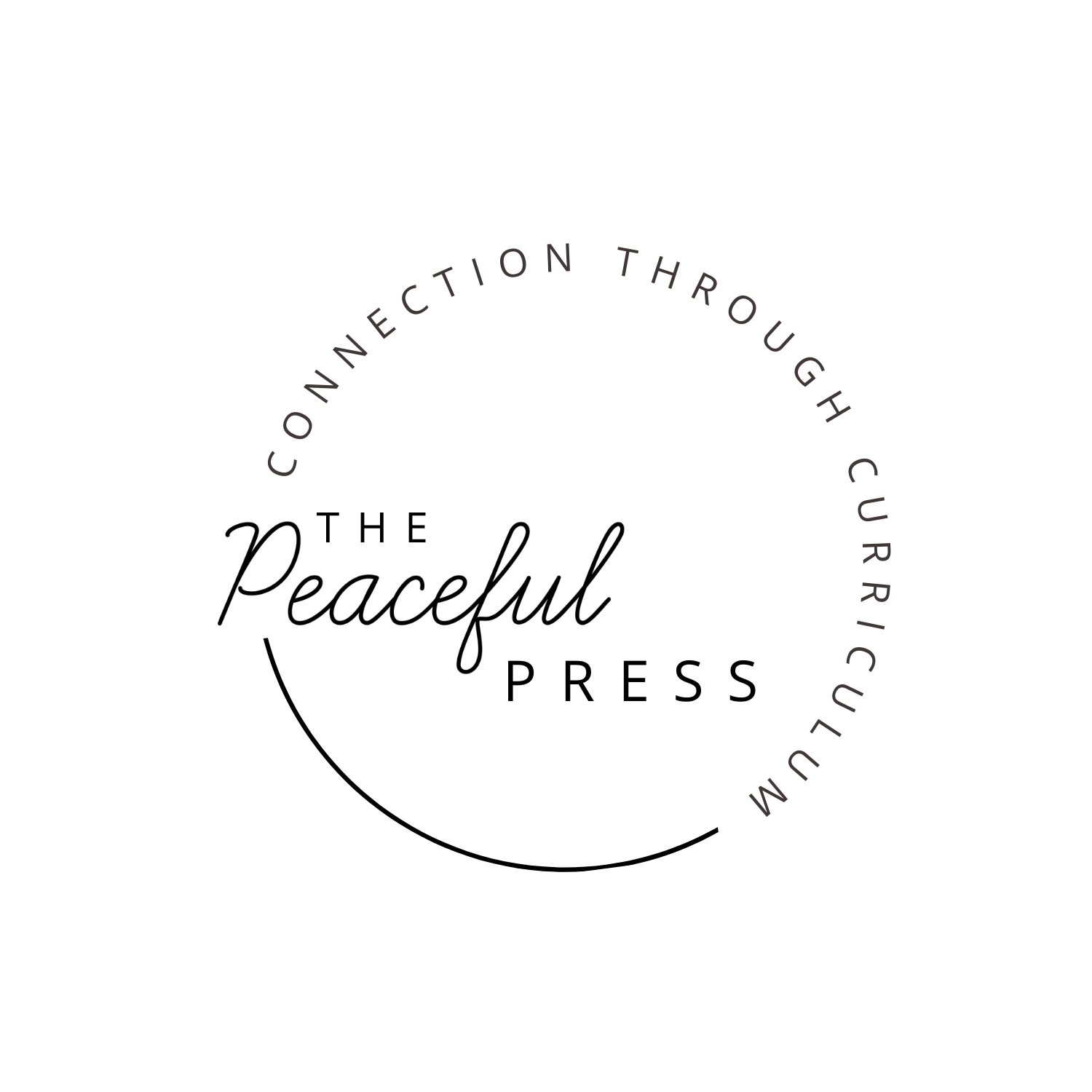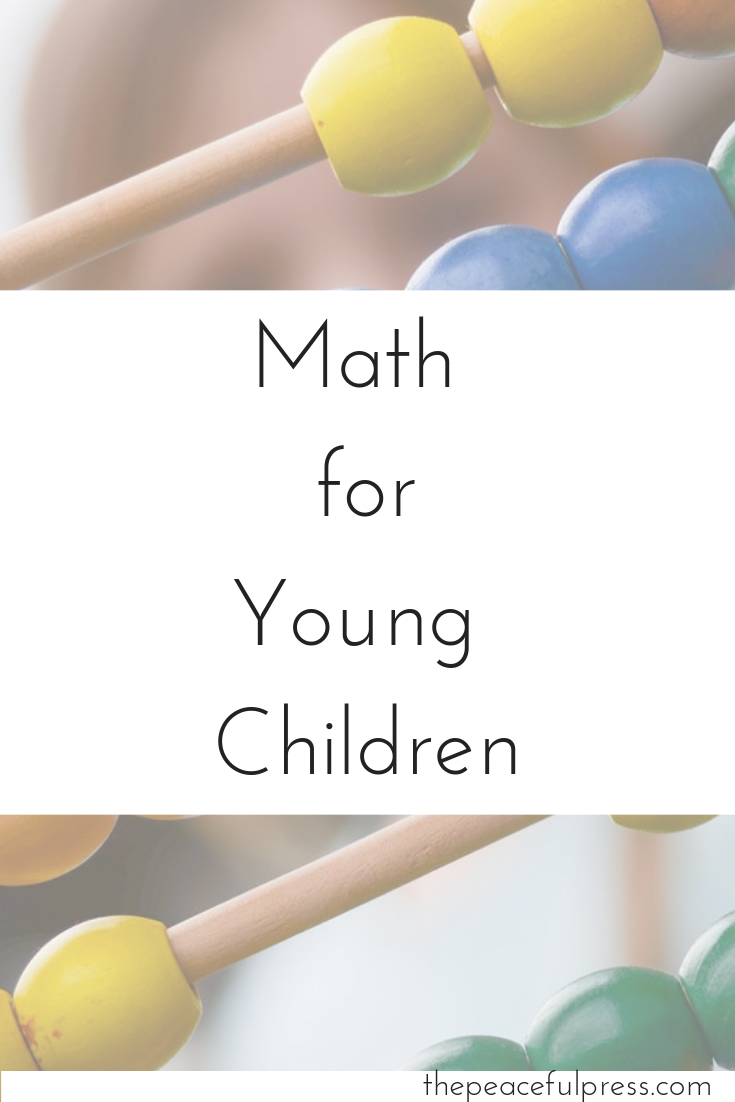Math For Young Children
As a child, I went to a private school that focused on reading quickly, but did nearly all math instruction through workbooks. This method left me ill-prepared to understand more advanced math, and I labeled myself a struggling math learner from then on.
With my own children, I have been motivated to use more hands on methods to teach math, but have still vacillated between several math programs, because while I might wish for a magical math that teaches itself, there is no such solution. Believe me, I have searched. With my oldest children, I was especially pressed for time and usually chose a method that involved hands on learning, but that was also easy for a student to complete fairly independently.
As those students grew, each of them struggled with algebra. I used several different programs, Saxon, Teaching Textbooks, Horizons, and Math U See, but it wasn't until they were in an actual math class at the local junior college that algebra began to make sense for them. Although none of my oldest students have gone on to pursue a career in math, those who are pursuing college have been able to complete the upper level classes necessary for their degree.
I feel like there are a few lessons that I can take from the experiences my oldest children have had with math. The first lesson is that math requires a teacher (even a non math loving mother can be that teacher), and the second is that early-hands on math experience is essential for later success.
With these lessons in mind, I have switched to Right Start Math with my youngest son, and I am moving slowly through the lessons. I would rather do each lesson thoroughly and make certain that my child is understanding it, than to push quickly through and end up with roadblocks as he approaches upper level math. Right Start uses many concrete examples and activities to make manipulating numbers second nature for your child.
Right Start also uses playful activities such as games to reinforce skills instead of tedious drills and flashcards. Playful forms of learning are much more attractive than drills and flashcard to many of us as adults, as well as to our children. They also help us retain the information that we have learned.
Finding the right math program for your early elementary student might require a little research. Each parent and child has a different learning style, and learning styles have a lot of bearing on your child's success with a program. As well, many children are not developmentally ready for abstract learning, so programs that rush this with too many worksheets can ultimately make math more difficult later on.
For your preschool learners, keep using the counting and fine motor skills included in The Peaceful Preschool curriculum, as well as playing math games and counting throughout your day.
For kindergarten students, keep on counting and playing math games. If they are ready for more math, start with Right Start Math or Math U See.
For later elementary students, if they have a strong command of underlying math principals through Right Start or Math U See, you could try switching to Teaching Textbooks. Make sure they have learned good study skills, including concepts such as writing math problems clearly, and labeling papers before you set them up with a more independent math program. If they need additional help, and homeschooling is your educational choice, look for a math tutor or group class that they can join. Even Khan Academy can be a valuable resource in making math meaningful for your children.
Finally, no matter what math program you choose, try to use positive words to describe math, and help them to see that math skills are an important part of our daily life.
To purchase The Peaceful Preschool Curriculum, Picture Word Cards, or even grab some of our freebies, click here.
For a complete list of picture books used for The Peaceful Preschool, click here.
Pin and reshare this!




